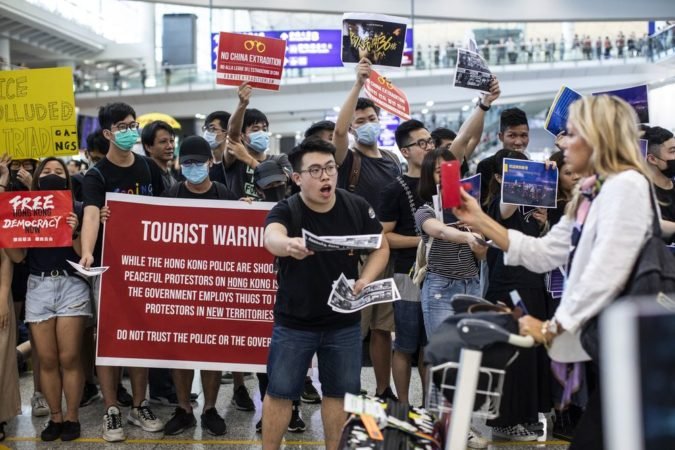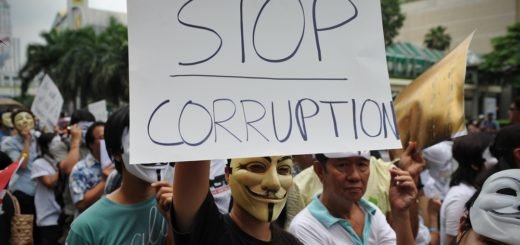A Stable Hong Kong is Key to Singapore Business

Hong Kong is one of the regional commercial hubs. Turmoil in Hong Kong could jeopardise regional financial stability, Singapore’s Law Minister K. Shanmugam in an interview said, “Turmoil in Hong Kong would outweigh any short-term gain for Singapore from flows of funds from investors worried about protests there.”
Increasingly violent protests in the past two months have embroiled the Former British Colony, for which China has accused Western powers of their involvement in Chinese territory.
This business haven is in its worst political crisis for decades due to now-cancelled controversial extradition bill.
Already investors have started moving their funds and set-up to the nearest business hub, Singapore. Due to the ease of Businesses Singapore and Hongkong are in an unspoken competition of becoming Asia’s prime business hub.
Singapore’s minister said, “In the longer term, if you take a strategic view on these things, Singapore benefits if there is stability across the region, including in Hong Kong,”
“Short-term benefits through instability in Hong Kong are outweighed by longer-term disamenities and longer-term structural problems that might arise if there continues to be instability in Hong Kong, or in any other major economy,” Shanmugam said.
“From a strategic perspective, I’d rather see that Hong Kong reverts to how we all know Hong Kong to be,” he said.
Hong Kong’s proximity to China meant it had a key role to play as a financial services centre, while Singapore is seeking to build on its status as a leading legal infrastructure hub.
Singapore is making a push into mediation with a new international treaty to settle commercial disputes, due to take shape next month.
The U.N. Convention on International Settlement Agreements Resulting from Mediation, also known as the Singapore Convention on Mediation, is aimed at providing cross-border enforcement of mediated settlement agreements.
“Whichever country signs up to it and ratifies it, then any mediation agreement in one convention country can be enforced in another country,” Shanmugam said.
“The more countries that are parties to the convention, the easier it is to enforce. In that sense, it’s a very important part of global trade flows,” he said.
Ministers and senior officials from more than 50 countries are meeting in Singapore next week as the treaty opens for signing.
Shanmugam said he expected about 25 countries, including the United States and China, to sign up to it.
Mediation is increasingly being viewed as a popular and efficient process to settle cross-border commercial disputes instead of court-driven processes, which can often be time consuming and expensive. However, for mediation to be successful, it needs many countries to enforce settlements.
States need to ratify the Singapore treaty after signing it.


















